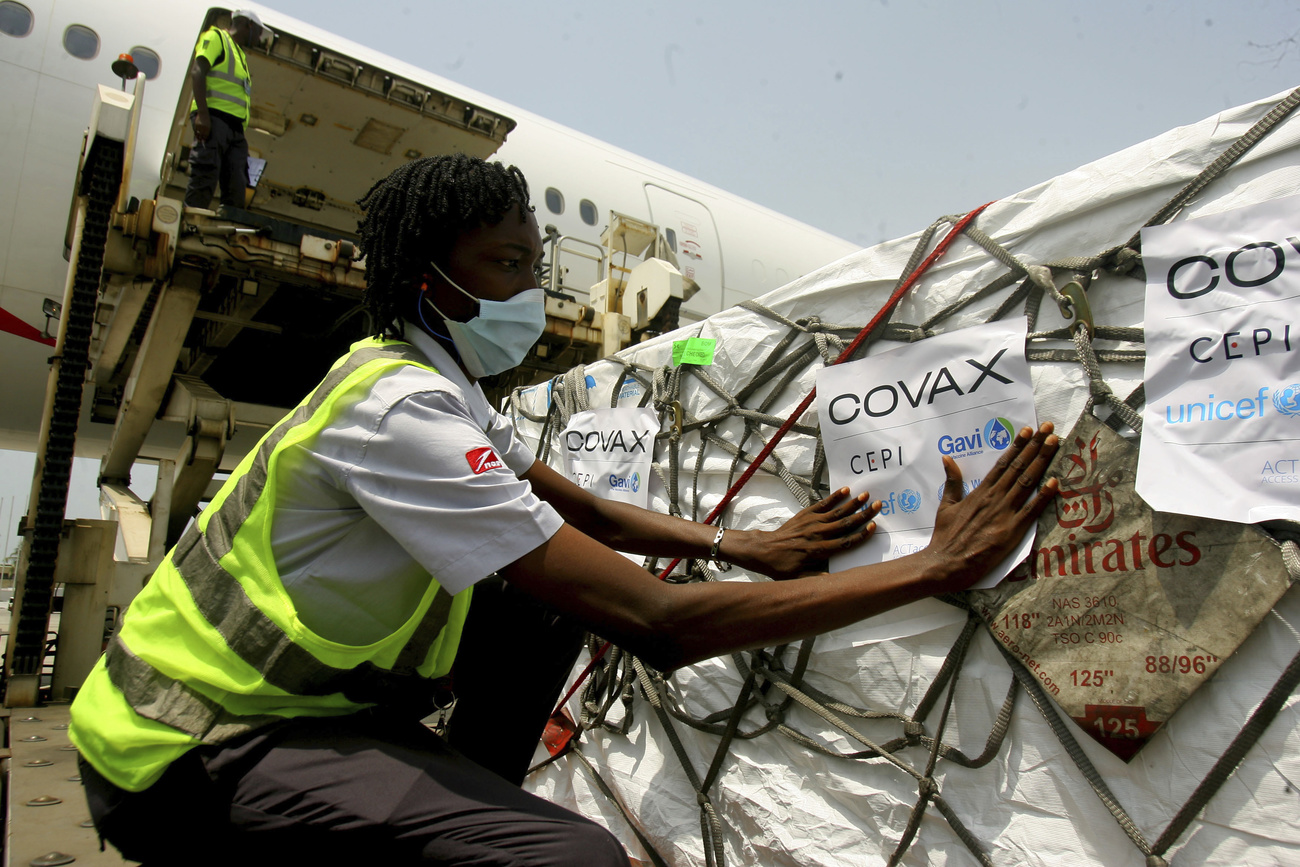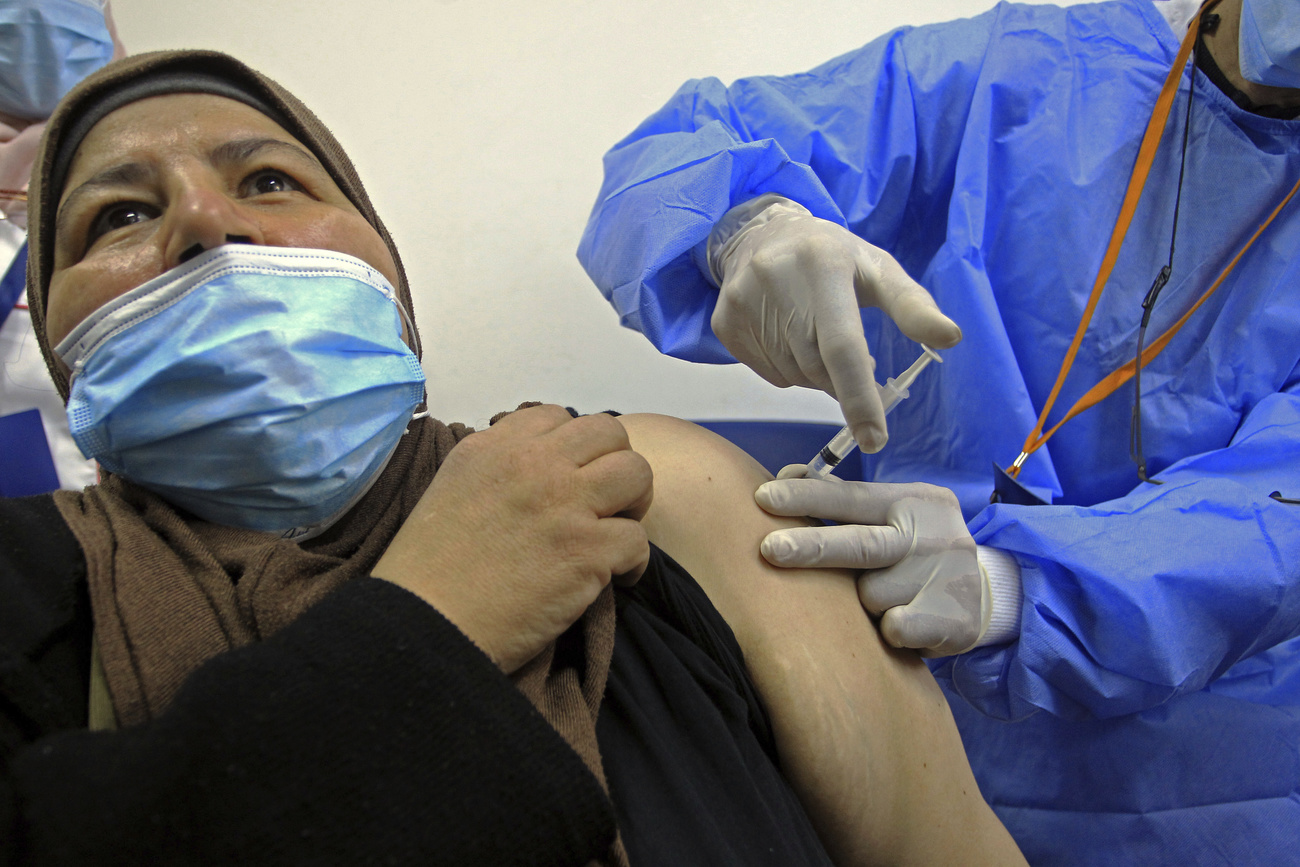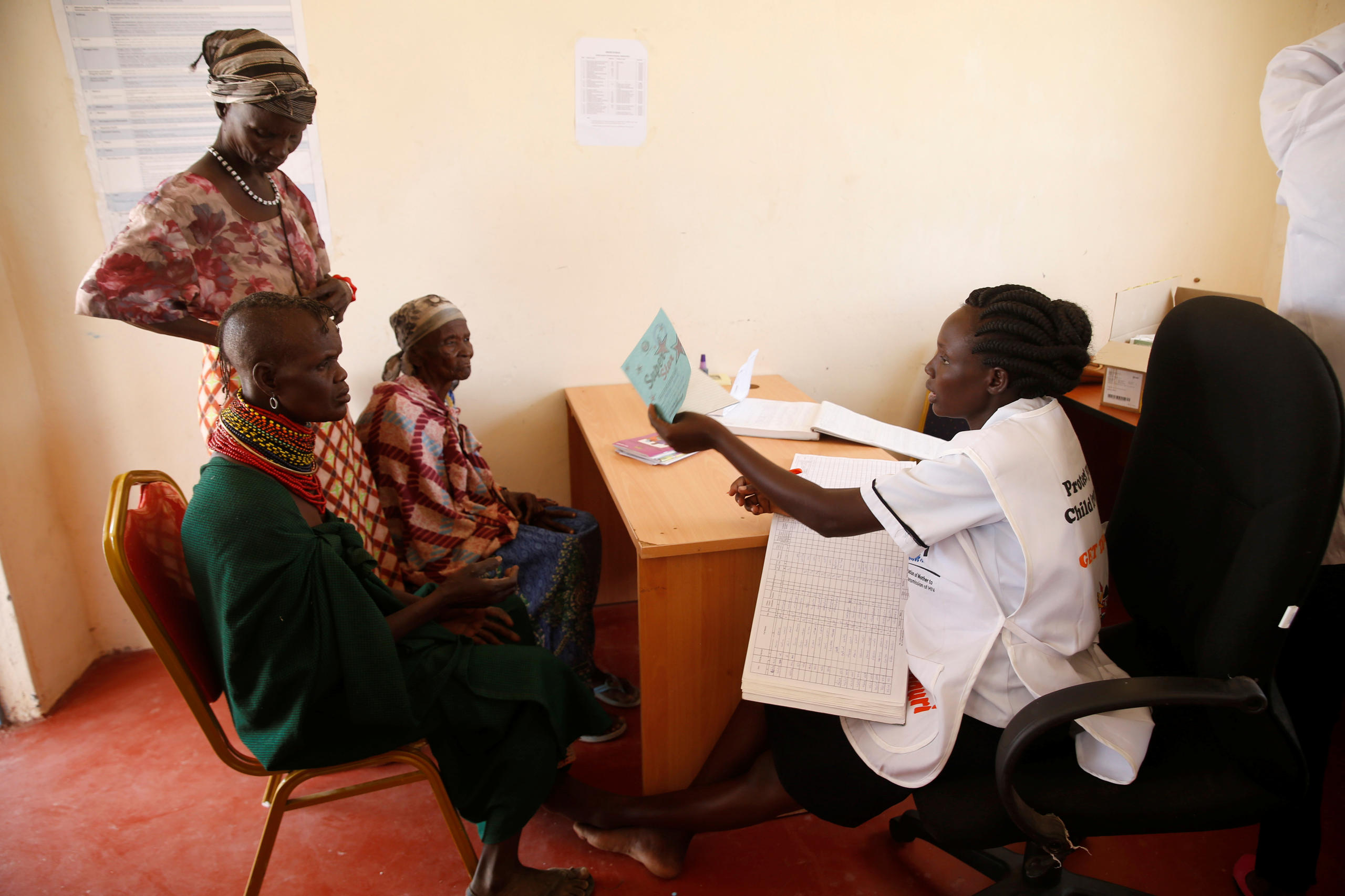
First movers see investment opportunity in hard-to-reach patients in Africa

Donors and investors have poured money into developing drugs and vaccines against Covid-19 but there is a lack of funds to get them to people in the poorest places. Some investors want to change this.
Unlike many other diseases, there is an effective vaccine against Covid-19, thanks in large part to the billions of dollars funneled to small biotech firms and large pharmaceutical companies. But with about 1% of its population fully vaccinated, Africa is facing a surge of coronavirus cases amid the spread of the highly contagious Delta variant.
Covid-19 has revealed how little financing is available for core health systems, infrastructure and logistics efforts that ensure vaccines and other medicine reach people in developing countries.
“We have left the vulnerable population in Africa unprotected by vaccines in a context where health systems are already weak,” said Mike Ryan from the World Health Organization’s Health Emergencies Programme at a recent press conference. “This is a consequence of the current unfair distribution of vaccines.”
While the global vaccine pooling mechanism known as Covax aims to procure enough vaccines for 20% of the population some 40 sub-Saharan African countries, it only scratches the surface of what’s needed. The World Bank estimates 48 countries in Africa will need at least $12.5 billion (CHF11.6 billion) to vaccinate 70% of their populations. About $3 billionExternal link of this is for supply chain, cold storage and service delivery. In a country like the Democratic Republic of Congo, the estimated cost is five times the government’s annual health budget.

More
Calls intensify for Big Pharma to break monopolies on Covid-19 vaccines
Meanwhile, governments spent €93 billion ($110 billion) on developing Covid-19 vaccines and therapeutics in the 11 months up to January 2021, according to figuresExternal link from the Kenup Foundation. Some 95% went to vaccine companies.
“It is important to secure the supply of vaccines, but if there’s a shortage of health workers and infrastructure to deliver the vaccines, then you’re not going to reach your intended target,” said Maya Ziswiler, who leads social finance at the UBS Optimus Foundation, after working for many years at the Geneva-based Global Fund to Fight Aids, Tuberculosis and Malaria.
“These may be more significant barriers to access than the availability of vaccines.”
The missing link
Maximilian Martin heads philanthropy and innovative finance at the private Swiss bank Lombard Odier. He sees the lack of funding as a problem that can be solved in part through innovation and help from the capital markets. The concept isn’t new, with the so-called “first generation” of innovative financing mechanisms having produced some successes.
Both the Global Fund to Fight Aids, Tuberculosis and Malaria, set up in 2002 to massively expand access to medicines for the “big 3” diseases, and the vaccine alliance GAVI were founded on the concept of pooling sources of funding and demand from countries to guarantee purchases from manufacturers, ultimately bringing down prices. More than twenty years later, the idea is at the core of the Covax Advanced Market Commitments.
Other mechanisms have been used to incentivise drug development for some diseases largely found in lower-income countries. This kind of partnership helped Basel-based Novartis and the Medicines for Malaria Venture develop an easily ingestible version of Coartem, one of the most widely used antimalarial drugs on the market.
“[These mechanisms] always think about how to create greater certainty, how to price risk, and how to use financial expertise with a variety of instruments,” Martin told SWI swissinfo.ch.
But so far, such mechanisms have struggled when it comes to the basic healthcare and infrastructure to make, not just vaccines, but other medicine, available to the poorest.
There are “great philanthropic programs and mechanisms going into stop polio and other diseases with free drugs or lower priced medicines but investing in the primary healthcare delivery to address both communicable and non-communicable diseases is tough,” Florian Kemmerich, a Managing Partner at the Geneva-based impact investing firm Bamboo Capital, told SWI swissinfo.ch.
“All the efforts being done to defeat this pandemic are amazing. But unfortunately, it doesn’t help the systemic cause of access to healthcare.”
George Jagoe, who heads access for the Medicines for Malaria Venture in Geneva said that it is easier to mobilise resources for a one-off campaign like Covid-19 vaccination. “When the campaign is over, you still need to have a health system that can routinely deliver basic healthcare in really difficult settings. And that’s very often not the case.”
In 2017, the WHO estimated that half the world lacked access to essential health services, and 100 million were pushed into extreme poverty because of health expenses. Experts say the pandemic has only worsened the situation.
Next generation ideas
One of the challenges in attracting investors is the complexity of working with governments, says Prashant Yadav, a health supply chain expert at the Centre for Global Development.
“The main challenge is that unlike with drug development where the actors are largely private companies, drug distribution in many countries is done by the government and designing financial mechanisms for them is difficult,” said Yadav.
The Global Financing Facility (GFF), hosted by the World Bank, is working to de-risk investments to attract more money for basic care for women and children. Sneha Kanneganti who leads GFF’s private sector work says that many investors can be discouraged by political and financial risks in certain countries.
“We just need to find the right structures that provide investors the incentives they want to make it a manageable level of risk,” she told SWI swissinfo.ch.

More
In the vaccine race, can COVAX help poorer countries catch up?
Some investors are trying to do just this by re-engineering traditional financial tools.
A few years ago, UBS Optimus Foundation awarded an “impact loan” of $400,000 to Hewatele, an East African start-up that is producing oxygen. The loan was tied to clear impact goals around reaching new and remote clinics with oxygen cylinders. When Covid-19 hit, the Foundation increased funding so the company could scale-up.
The Foundation also developed the first ever Health Development Impact Bond to reduce infant and maternal mortality in a region in India. If social targets are achieved, the investors are repaid in full plus an 8% internal rate of return.
Similarly, Lombard Odier worked with the Geneva-based International Committee of the Red Cross to create a Humanitarian Impact Bond to build and run three physical rehabilitation centres in Africa. Private investors front money and are repaid by donors if social targets are reached. It’s received €22 million from investors thus far.

More
Can Novartis really make its medicines available to everyone?
Bamboo Capital and the Stop TB Partnership just launched the HEAL Fund, a $75 million fund to invest in both developing and rolling out health technologies that not only tackle respiratory diseases but also modernise basic community care. Bamboo and StopTB are now looking for anchor investors such as donors that can lower the financial risks for private investors to back the fund.
Bringing in the giants
One group that has a lot at stake in this are the pharmaceutical companies themselves especially as Africa becomes a more attractive market for cancer and other drugs.
“Companies should support the health system as a precondition to bolster demand and trial innovative ways to deliver their goods and services,” said Ziswiler from UBS. Many big pharma companies already have activities to strengthen health systems but often as nice-to-have philanthropic projects rather than sustainable, scalable investments.
Kemmerich said that Bamboo has been in conversations with pharmaceutical companies, but it seems challenging for them to provide the CHF15 million first loss capital needed to scale healthcare access programmes.
What if financing instruments could be designed to incentivise these companies? Martin from Lombard Odier doesn’t think this is such a far-fetched idea. Green bonds are already being used to raise money from the debt markets to help companies finance clean energy projects.
“From a finance perspective, it would be interesting to bring together the 50 leading companies around the world who have healthcare expertise, supply chain experience or product knowledge and think how could we develop financial instruments that incentivise each one, as an individual company, to contribute something additional to the greater good,” said Martin.
“If you don’t have medicines it’s hard to help the patient, but it’s not just about selling a certain number of drugs.”

In compliance with the JTI standards
More: SWI swissinfo.ch certified by the Journalism Trust Initiative



























You can find an overview of ongoing debates with our journalists here . Please join us!
If you want to start a conversation about a topic raised in this article or want to report factual errors, email us at english@swissinfo.ch.